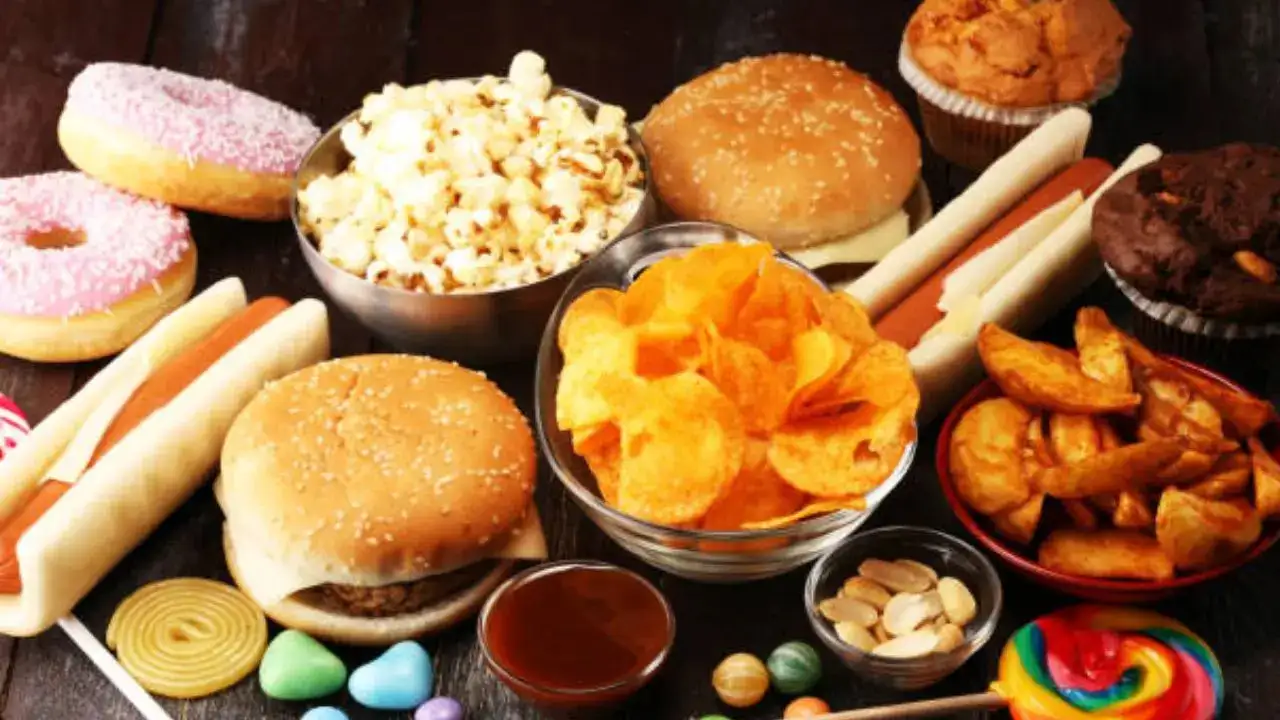
Is Your Favourite Snack Slowly Killing You? Study Links Ultra-Processed Foods To Early Death! (Image Credits: iStock)
A new global study has revealed a concerning link between diets high in ultra-processed foods and an increased risk of early death. According to a review published in the American Journal of Preventive Medicine, each 10 per cent rise in the consumption of ultra-processed foods corresponds to a 3 per cent higher risk of dying prematurely from any cause.
The researchers estimate that ultra-processed foods — industrial products made largely from extracted ingredients like saturated fats, added sugars, and starches — are responsible for tens of thousands of premature deaths worldwide. The United States tops the global list, with these foods making up over 54 per cent of the average American diet. An estimated 124,000 early deaths in the U.S. between 2017 and 2018 were attributed to diets high in ultra-processed foods.
“This shows that policies aiming to reduce ultra-processed food consumption are urgently needed,” said lead researcher Eduardo Nilson from the Oswaldo Cruz Foundation in Brazil. He emphasized the importance of promoting traditional dietary patterns that focus on fresh and minimally processed local foods.
Ultra-processed foods are characterized by their use of additives such as emulsifiers, colourings, flavourings, and preservatives, designed to enhance taste, appearance, and shelf life. Common examples include packaged baked goods, sugary breakfast cereals, ready-to-eat meals, and processed meats like deli cold cuts.
These foods have been linked to at least 32 health conditions, including heart disease, obesity, type 2 diabetes, certain cancers, and depression.
For this analysis, researchers pooled data from eight countries — Australia, Brazil, Canada, Chile, Colombia, Mexico, the United Kingdom, and the United States. They found a wide disparity in consumption: while ultra-processed foods accounted for about 15 per cent of daily calories in Colombia, they made up more than half of the daily intake in both the U.S. and the U.K.
Researchers calculated that premature deaths attributed to ultra-processed foods ranged from around 4 per cent in countries like Colombia and Brazil to nearly 14 per cent in the U.S. and U.K. Nilson also warned that while ultra-processed food consumption has plateaued in high-income countries, it is rapidly rising in low- and middle-income nations, posing a growing public health challenge.
Ways to Cut Down on Ultra-Processed Foods
Reducing reliance on ultra-processed foods can significantly improve health outcomes. Here are some practical strategies:
Cook More at Home: Preparing meals from scratch using fresh ingredients allows better control over what goes into your food.
Get Latest News Live on Times Now along with Breaking News and Top Headlines from Health and around the world.
